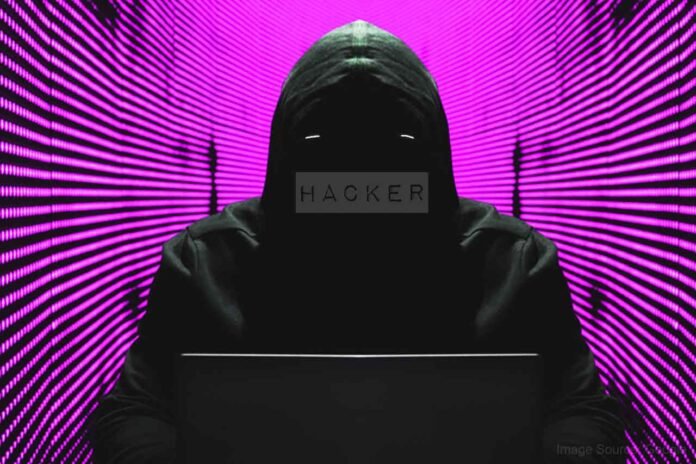A Virus Alert has been issued by the Government of India. An alert has been received about a new ransomware strain named Diavol. A virus was found to be transmitted through e-mail to users’ systems.
Related Post – Entrepreneur Mahipal Singh, Pioneer The Wellness Industry with Dynamic Supervision
An alert issued by CERT-In on 21st December warns of the threat of ransomware that targets Windows computers. By installing this virus, hackers are able to remotely shut down a device and demand money from its owner.
Viruses that spread using email attachments containing links to OneDrive are Diavol viruses. The LNK file opens as a document and prompts users to click it once it is mounted on their PC. The ransomware installation begins as soon as the user clicks on the LNK file. The user usually loses all their data if the hackers do not pay, and the computer is useless.
In short, ransomware is a type of software that is capable of gaining control of a computer system or important documents and blocking access to them. Once the ransom is paid (usually in cryptocurrency), the users are free to leave.
What to do if your computer has been infected by Diavol Ransomware
The Diavol virus pre-processes the mirror copy before locking the PC and blocking its recovery. In order to make valuation more difficult, the algorithm encodes its original algorithm as a bitmap image, rather than using any compression or anti-dispersion technology. The data on your device is no longer safe if it has been locked and the wallpaper has been replaced with a ransom note.
The Diavol Ransomware: How Do You Protect Yourself?
It is best to upgrade your operating system and programs to the latest versions to avoid infection. There are two other ways to protect the specific data and the required service, namely the network division and the safety division. Physical control and virtual local area networks can be used to isolate the operation network from commercial operations.
While not in use, Remote Desk Protocol (RDP) should be deactivated and placed behind a secure network, if necessary. CERT-In guidelines specify that users should be restricted in their ability to install and run the software. Permissions may be restricted to prevent malware from spreading to the operating system.
Related Post – Best Site to Buy Instagram Followers in India
